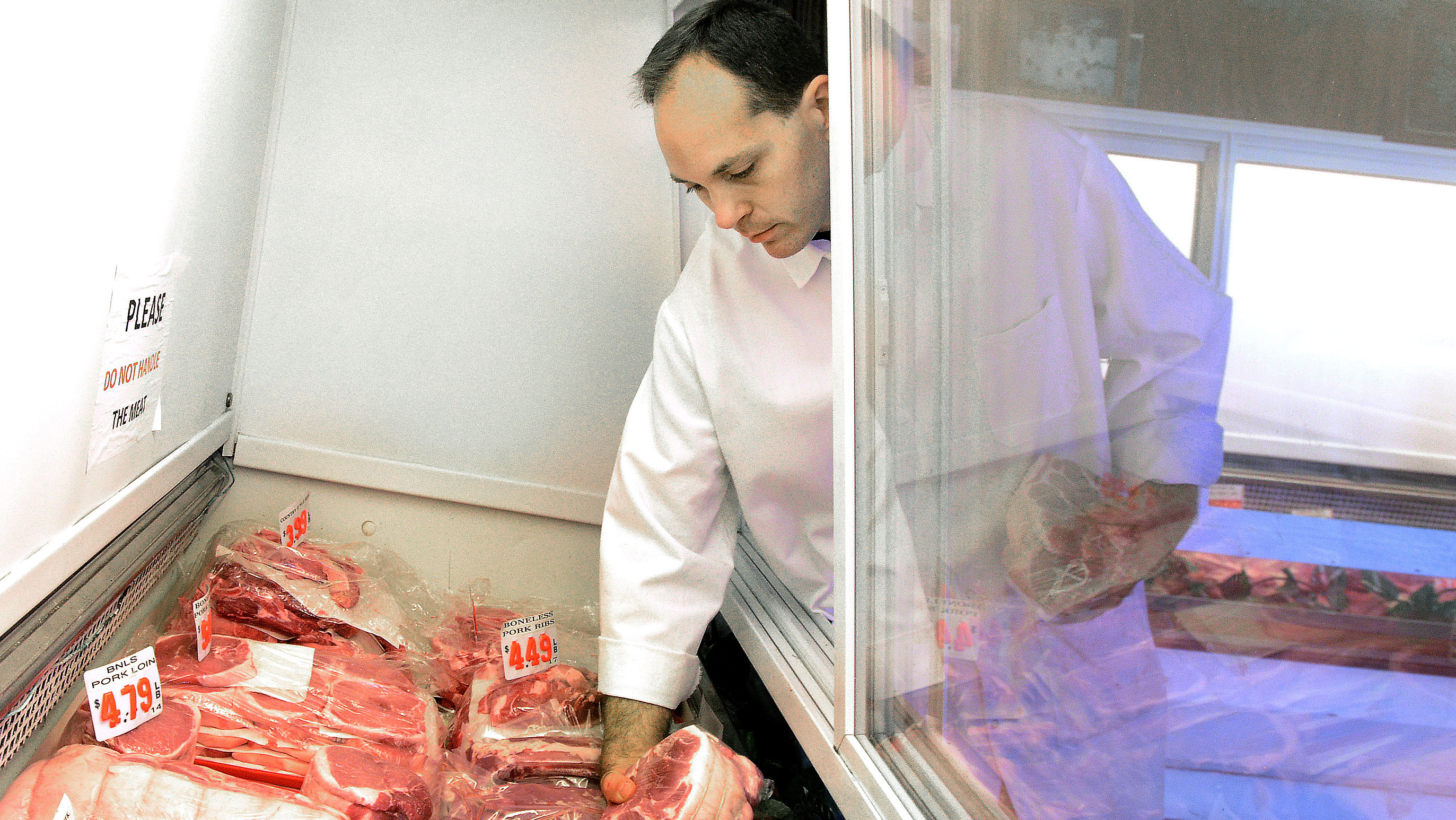Climate change: why meat is a bigger threat than cars
Researchers say we need to cut our red meat consumption down to two portions a week to save the planet

A free daily email with the biggest news stories of the day – and the best features from TheWeek.com
You are now subscribed
Your newsletter sign-up was successful
If current levels of meat consumption continue, international targets of greenhouse gas emissions will be exceeded by the food industry alone, a new study has found.
Greenhouse gas emissions from food production are expected to rise by almost 80 per cent by 2050 unless we change our eating habits, according to new research conducted by scientists at the University of Cambridge and University of Aberdeen.
"Unless we make some serious changes in food consumption trends, we would have to completely de-carbonise the energy and industry sectors to stay within emissions budgets that avoid dangerous climate change," said co-author Professor Pete Smith, from the University of Aberdeen, according to the Daily Telegraph.
The Week
Escape your echo chamber. Get the facts behind the news, plus analysis from multiple perspectives.

Sign up for The Week's Free Newsletters
From our morning news briefing to a weekly Good News Newsletter, get the best of The Week delivered directly to your inbox.
From our morning news briefing to a weekly Good News Newsletter, get the best of The Week delivered directly to your inbox.
"That is practically impossible - so, as well as encouraging sustainable agriculture, we need to re-think what we eat."
Why is rearing meat so bad for the environment?
- Livestock production accounts for 14.5 per cent of global greenhouse emissions, the same amount produced by all the cars, planes, boats and trains in the world. "A single cow can belch up to 500 litres of methane every day", writes the BBC's Dr Michael Mosley, a gas that is 25 times more potent than a carbon dioxide. "Multiply that by the 1.5 billion cattle we have on our planet and that's a lot of gas."
- It is inefficient. It takes, on average, 3kg of grain to produce 1kg of meat and two thirds of all agricultural land is used to grow feed for livestock, whereas only eight per cent is used to grow food directly for human consumption. These are "basic laws of biophysics that we cannot evade," says the study's lead researcher, Bojana Bajzelj from the University of Cambridge.
- It places pressure on dwindling freshwater supplies and destroys forest and grasslands, which are turned over for grazing. Soil erosion, soil and water pollution from fertilisers and animal waste are other ways the meat industry impacts the environment.
What can be done to counter this?
In short, we need to eat less meat. "The biggest intervention people could make towards reducing their carbon footprints would not be to abandon cars, but to eat significantly less red meat," Professor Gidon Eshel, at Bard College in New York, tells The Guardian.
A free daily email with the biggest news stories of the day – and the best features from TheWeek.com
The latest research suggests that by cutting our consumption down to just two portions of red meat a week and a portion of poultry a day will help tackle climate change. The choice of meat is also important as the production of chickens is far less damaging to the environment in comparison to cattle or sheep. "Agricultural practices are not necessarily at fault here - but our choice of food is," says Bajzelj.
Farmers in developing countries also need to be advised on how to make sure their agricultural processes are as efficient as possible, so that they are able to produce as the highest possible yields. Scientists also argue that we need to stop wasting so much food, as on average, 7.2 million tonnes of food is wasted in the UK each year.